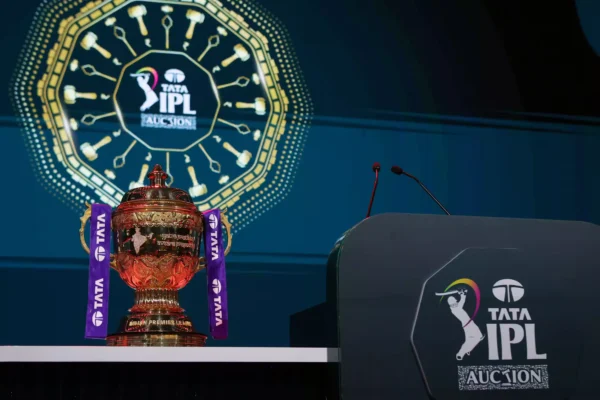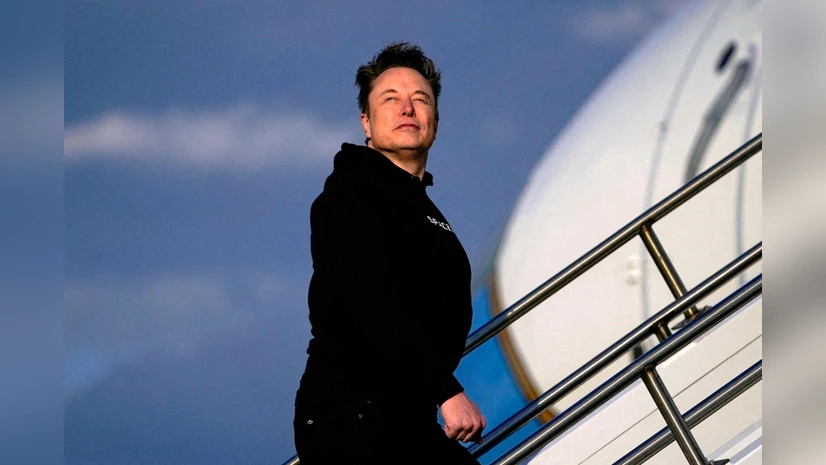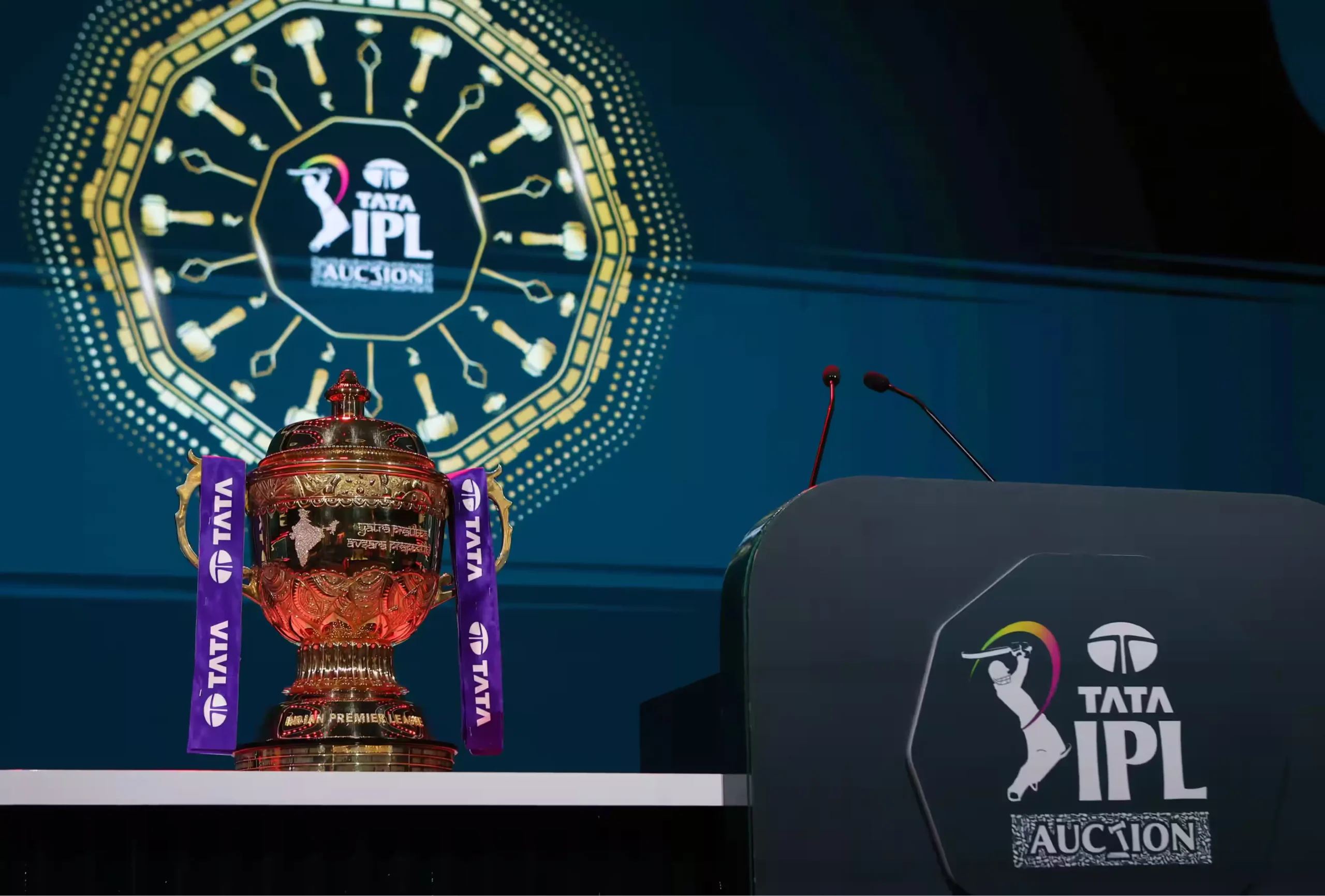

Harsh Goenka Criticises L&T Chairman’s Proposal of 90-Hour Work Week: ‘Why Not Rename Sunday to ‘Sun-duty’?
Harsh Goenka Criticises L&T Chairman’s Proposal of 90-Hour Work Week: ‘Why Not Rename Sunday to ‘Sun-duty’?
RPG Group Chairman Harsh Goenka has opposed the notion of a 90-hour work week, an idea floated by L&T Chairman SN Subrahmanyan, which has triggered a firestorm on social media. Subrahmanyan’s comments calling for longer working hours, including even Sundays, have raised grave concerns about employee welfare and work-life balance. The outspoken chairman has never been shy about speaking his mind on corporate culture, and he made his views known on social media.
90 hours a week? Why not rename Sunday to ‘Sun-duty’ and make ‘day off’ a mythical concept! Working hard and smart is what I believe in, but turning life into a perpetual office shift? That’s a recipe for burnout, not success. Work-life balance isn’t optional, it’s essential. Well, that’s my view! #WorkSmartNotSlave,” Goenka wrote on the social media platform X (formerly Twitter). His post highlighted the need for work-life balance and questioned the logic of such an extreme approach to working hours.
The Row Over 90-Hour Work Weeks
SN Subrahmanyan made the comments at a recent meeting with L&T employees. In a video that has gone viral on Reddit, he said he wished he could make employees work on Sundays. “I regret I am not able to make you work on Sundays.”. If I can make you work on Sundays, I will be more happy, because I work on Sundays. How long can you stare at your wife?
” Subrahmanyan reportedly said, drawing criticism for what many perceive as an insensitivity to personal and family time.
His recommendation resonates with earlier proposals made by Infosys co-founder Narayana Murthy. Murthy, who had promoted a 70-hour work week for young professionals as a means to enhance India’s global competitiveness, faced heavy opposition. Critics called such expectations antithetical to the physical and mental well-being of employees, arguing that such demands create an unsustainably exploitative work culture.
The Resistance to Excessive Work Culture by Harsh Goenka
The debate between work-life balance and extended working hours is not new but has taken on new significance in light of these comments. Harsh Goenka’s response sums up the sentiment among professionals, who believe in the importance of balanced lifestyles rather than the idea of relentless working hours. He bases his argument on the idea that productivity and success are a result of hard work, smart work, and rest, rather than trying to exhaust the employees’ physical and mental capacities.
Subrahmanyan’s proposal for a 90-hour work week, which would mean employees are working six 15-hour days or more, has been heavily criticized on social media. Users and workplace experts have expressed the fear that it may affect employee health, family dynamics, and job satisfaction. Many have also pointed out that this approach may create a toxic work environment where burnout is inevitable.
Corporate Culture Under Scrutiny
Both Subrahmanyan and Murthy’s comments seem to relate to a larger discussion regarding the pressures of employees within the corporate workplace. Advocates for long working hours say that the need for ambitious goals and competitiveness globally warrants such a requirement, whereas the opponents caution about the long-term implications of overwork.
Studies report continued findings on the negative effects of overwork hours to one’s health, such as stress and anxiety and heart-related illnesses. Moreover, after some time, employees who work long hours are found to have low productivity due to exhaustion and loss of motivation. This defies the idea that more is better results from longer working hours.
Harsh Goenka views on work-life balance
He stressed the work-life balance is a non-negotiable aspect of professional life, as was well said by Harsh Goenka when he sarcastically suggested that Sundays be renamed to ‘Sun-duty’ in the absurdity of a culture that places work above personal well-being. His statement also echoed many professionals who believe that work-life balance is the only way to sustain productivity and happiness.
“Work-life balance isn’t optional, it’s essential,” Harsh Goenka post declared. This could not be truer for this post-pandemic world wherein the distinction between work and personal life is more and more obscured. With employees increasingly operating out of home-based and hybrid locations, the onus is to demarcate where the boundary stands and what may be expected to be done out of and for work.
Broader Implications
This debate, sparked by the comments of Subrahmanyan and Murthy, marks a critical crossroads for corporate India. While competing on a global stage, companies are under tremendous pressure to deliver results. This cannot be done at the cost of employee well-being. Organizations must strike a balance between achieving their goals and fostering a supportive work environment.
Work-life balance is so important that the ignoring of its relevance by employers is likely to disengage the younger professionals from working for the employers. At present, when retaining talent is considered a big issue, company culture can have a significant influence on the company’s ability to attract and retain high-quality talent. Forward-thinking companies increasingly adopt policies which promote wellness at work. Policies include flexible hours, mental health support, and mandatory time off.
Moving Forward: A Balanced Approach
The backlash against extreme work culture is a wake-up call for corporate leaders. While hard work and dedication are no doubt important, they must be balanced with respect for employees’ personal lives. Creating a culture of overwork harms individual employees but can also undermine organizational performance in the long run.
The scathing critique by Harsh Goenka against the 90-hour work week proposal is part of a broader sentiment that success should not be at the cost of well-being. His call for smarter, not harder, work practices is a reminder that sustainable success requires a balanced approach. As the conversation around work-life balance evolves, it is high time for companies to listen to their employees and prioritize policies that promote both productivity and personal fulfillment.







Thanks for shening. I read many of your blog posts, cool, your blog is very good.
Your point of view caught my eye and was very interesting. Thanks. I have a question for you.
Thanks for sharing. I read many of your blog posts, cool, your blog is very good.
I don’t think the title of your article matches the content lol. Just kidding, mainly because I had some doubts after reading the article. https://accounts.binance.com/register?ref=P9L9FQKY
Can you be more specific about the content of your article? After reading it, I still have some doubts. Hope you can help me.
I don’t think the title of your article matches the content lol. Just kidding, mainly because I had some doubts after reading the article.
Thank you, your article surprised me, there is such an excellent point of view. Thank you for sharing, I learned a lot. http://1609014.cryptostarthome.com
Thank you for your sharing. I am worried that I lack creative ideas. It is your article that makes me full of hope. Thank you. But, I have a question, can you help me?
Увеличьте свою аудиторию с помощью просмотры инст!
Подписчики в Телеграме — это важный аспект ведения успешного канала. Понимание того, как привлечь и удержать аудиторию, позволяет добиться больших результатов.
Качественный контент — это первый шаг, который поможет вам увеличить число подписчиков в Телеграме. Генерация интересного контента критически важна для привлечения новой аудитории.
Проведение рекламной кампании — это один из эффективных методов привлечения новых подписчиков. Различные платформы, такие как Instagram или Facebook, могут стать отличным источником новых подписчиков.
Активное взаимодействие с подписчиками помогает удерживать их интерес и привлекать новых. Общение с подписчиками и узнание их интересов важно для создания качественного контента.
Your article helped me a lot, is there any more related content? Thanks!
Your point of view caught my eye and was very interesting. Thanks. I have a question for you.
Thank you for your sharing. I am worried that I lack creative ideas. It is your article that makes me full of hope. Thank you. But, I have a question, can you help me? open binance account
Your article helped me a lot, is there any more related content? Thanks! binance
**mindvault**
mindvault is a premium cognitive support formula created for adults 45+. It’s thoughtfully designed to help maintain clear thinking
Can you be more specific about the content of your article? After reading it, I still have some doubts. Hope you can help me.
Your point of view caught my eye and was very interesting. Thanks. I have a question for you.
Reading your article helped me a lot and I agree with you. But I still have some doubts, can you clarify for me? I’ll keep an eye out for your answers. https://www.binance.com/ar/register?ref=PORL8W0Z
Yo, anyone playing on winvn666? I’ve been having some decent luck lately. The games are pretty fun and the site’s been smooth. Sharing the love in case others wanna try their hand here winvn666. Good luck!
Looking for a casino? elon-casino-top: slots, live casino, bonus offers, and tournaments. We cover the rules, wagering requirements, withdrawals, and account security. Please review the terms and conditions before playing.
222betapp is a decent little app for a punt. Nothing fancy, but it gets the job done. Quick bets and easy navigation. Give 222betapp a go mate.
Goinbet7 is decent, has got a fair range of casino options and sports. Nothing amazing, but solid and trustworthy enough. Have a look yeah? Find it here: goinbet7
Your point of view caught my eye and was very interesting. Thanks. I have a question for you.
My brother suggested I might like this web site. He was entirely right. This post actually made my day. You cann’t imagine simply how much time I had spent for this information! Thanks!
I don’t even know the way I stopped up right here, but I thought this publish was once good. I do not understand who you are but certainly you’re going to a well-known blogger in case you aren’t already 😉 Cheers!
xn88 luôn đặt người chơi lên hàng đầu, do đó nhà cái này cung cấp dịch vụ hỗ trợ khách hàng 24/7, giúp giải quyết mọi thắc mắc vấn đề mà thành viên gặp phải trong quá trình tham gia cá cược. Đội ngũ nhân viên tại đây được đào tạo chuyên nghiệp, luôn sẵn sàng giải đáp mọi câu hỏi của người chơi một cách nhanh chóng và chính xác. TONY02-03
Thank you for your sharing. I am worried that I lack creative ideas. It is your article that makes me full of hope. Thank you. But, I have a question, can you help me?